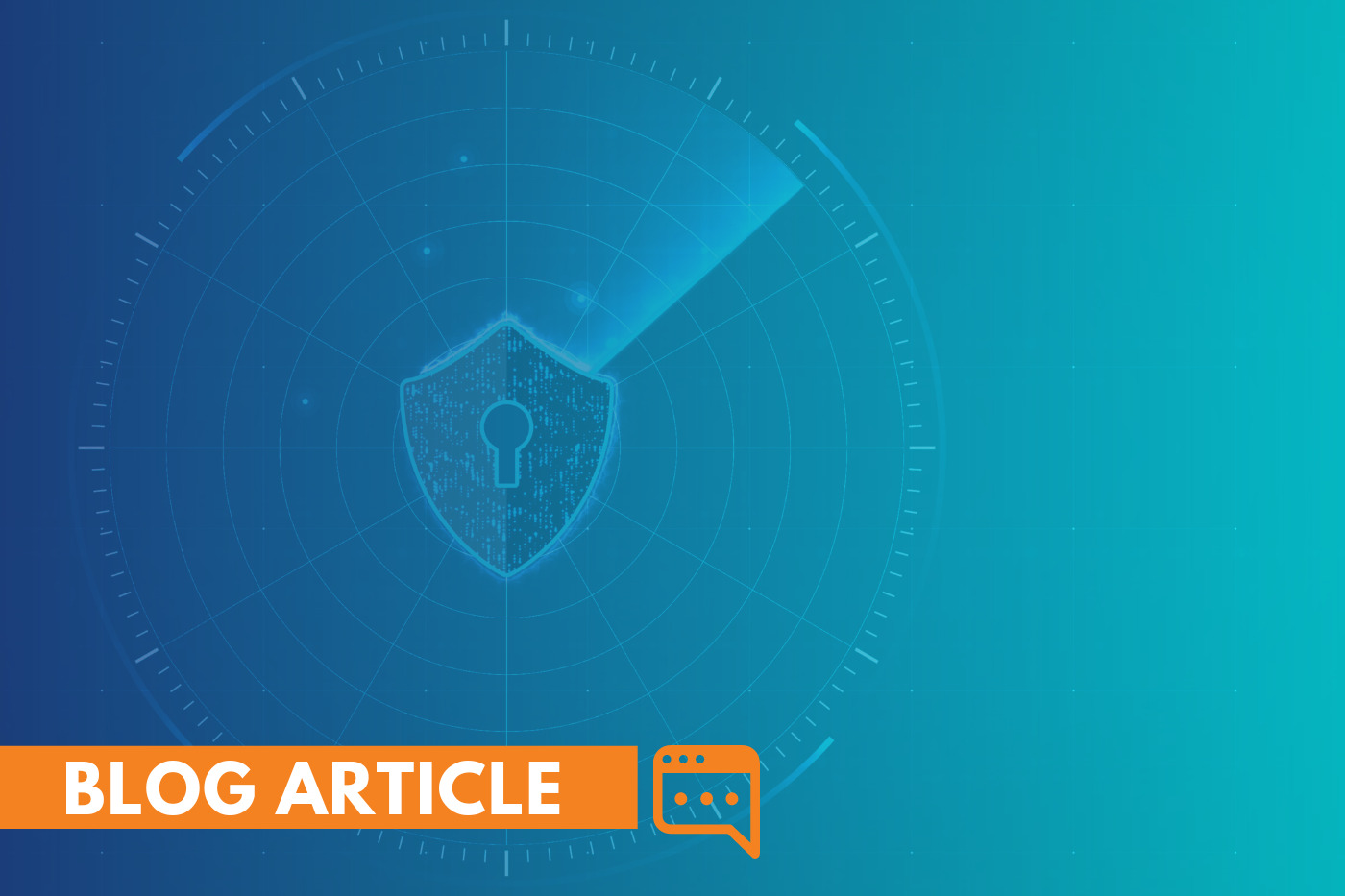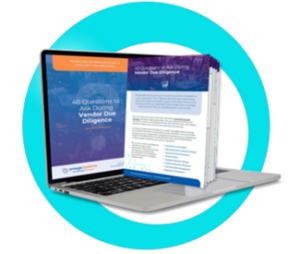

Is your organization considering outsourcing or co-sourcing to enhance operational efficiency? Outsourcing offers a wide range of benefits, from streamlining workflows to improving scalability and driving business growth. However, with every partnership comes an inherent level of risk. When third-party vendors and service providers gain access to your organization’s critical systems and sensitive data, maintaining tight control over data security and risk management practices becomes crucial for your operational integrity.
A comprehensive vendor risk management strategy, supported by thorough due diligence procedures, is essential to ensure your sensitive data is protected at all stages of engagement. This includes assessing vendor security policies, performing cybersecurity risk assessments, and enforcing data protection measures throughout the relationship with your third-party partners. Vendor risk management doesn’t end once the agreement is signed; ongoing monitoring and evaluation are vital to prevent potential vulnerabilities from compromising your systems and data.
In today’s dynamic threat landscape, the need for advanced threat protection and incident response strategies is more critical than ever. Third-party vendors must demonstrate they have the necessary tools, cybersecurity protocols, and employee security training to effectively mitigate risks. From data encryption to access control policies like multi-factor authentication and zero trust security, your vendors must implement strong security measures to protect against data breaches and unauthorized access.
Omega Systems’ whitepaper, 40 Questions to Ask During Vendor Due Diligence, offers in-depth insights into the critical areas of third-party risk management, including:
This whitepaper is designed to guide organizations in assessing third-party vendors’ information security measures and ensuring compliance with industry standards and best practices.
By adopting a structured vendor risk management process, you can ensure your third-party partners align with your organization’s information security and regulatory compliance goals, thereby protecting your business and stakeholders from potential cyber risks.
 Vendor IT Due Diligence
Vendor IT Due DiligenceEnsure your vendors meet the highest standards of information security. Access 40 essential questions to evaluate third-party vendors’ IT security practices and maintain a secure, compliant vendor relationship.